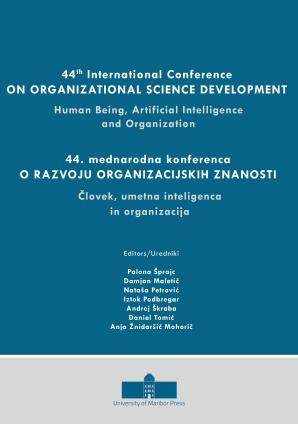Public Health Issues and the Impact of AI on the Economic Burden of Diseases
Synopsis
Artificial intelligence (AI) is playing an increasingly important role in healthcare. In most countries, various diseases such as dementia, musculoskeletal disorders and other chronic diseases are a major financial burden on health budgets. The aim of this paper is to present the results of two analyses of the economic burden of diseases in Slovenia and to determine whether AI can have an impact on reducing the economic burden. The studies showed that the estimated economic burden of the studied public health problems in Slovenia was very high. The use of AI has great potential as it can make an important contribution to preventing or delaying disease. By detecting and diagnosing these diseases earlier and more accurately, it allows timely action to prevent long-term complications and reduce the need for prolonged rehabilitation or complex surgery, which has a positive impact on the cost to the healthcare system and, most importantly, means a better quality of life for patients. This means a reduction in both the social and economic burden on society. AI is an extremely powerful tool, but it cannot replace the professionals who provide holistic treatment and the human aspect of healing, and thus the best results for the patient. This opens up the debate on the collaboration between technology, people and organisations.







